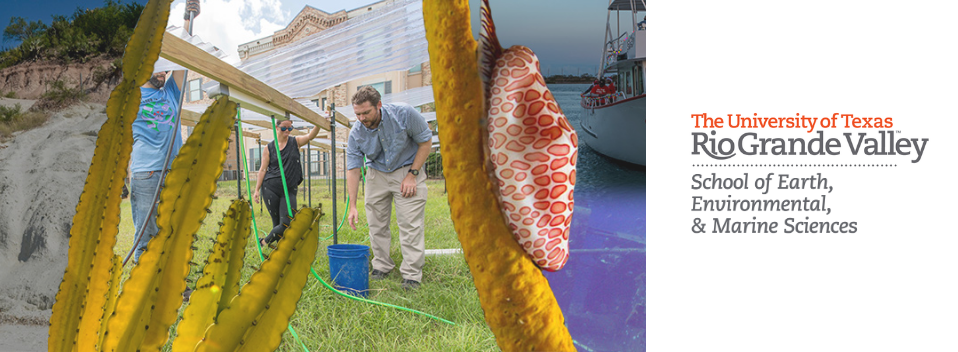
School of Earth, Environmental, & Marine Sciences Faculty Publications
Unprecedented carbon accumulation in mined soils: the synergistic effect of resource input and plant species invasion
Document Type
Article
Publication Date
9-2013
Abstract
Opencast mining causes severe impacts on natural environments, often resulting in permanent damage to soils and vegetation. In the present study we use a 14-year restoration chronosequence to investigate how resource input and spontaneous plant colonization promote the revegetation and reconstruction of mined soils in central Brazil. Using a multi-proxy approach, combining vegetation surveys with the analysis of plant and soil isotopic abundances (δ13C and δ15N) and chemical and physical fractionation of organic matter in soil profiles, we show that: (1) after several decades without vegetation cover, the input of nutrient-rich biosolids into exposed regoliths prompted the establishment of a diverse plant community (>30 species); (2) the synergistic effect of resource input and plant colonization yielded unprecedented increases in soil carbon, accumulating as chemically stable compounds in occluded physical fractions and reaching much higher levels than observed in undisturbed ecosystems; and (3) invasive grasses progressively excluded native species, limiting nutrient availability, but contributing more than 65% of the total accumulated soil organic carbon. These results show that soil–plant feedbacks regulate the amount of available resources, determining successional trajectories and alternative stable equilibria in degraded areas undergoing restoration. External inputs promote plant colonization, soil formation, and carbon sequestration, at the cost of excluding native species. The introduction of native woody species would suppress invasive grasses and increase nutrient availability, bringing the system closer to its original state. However, it is difficult to predict whether soil carbon levels could be maintained without the exotic grass cover. We discuss theoretical and practical implications of these findings, describing how the combination of resource manipulation and management of invasive species could be used to optimize restoration strategies, counteracting soil degradation while maintaining species diversity.
Recommended Citation
Silva, Lucas CR, Rodrigo S. Corrêa, Timothy A. Doane, Engil IP Pereira, and William R. Horwath. "Unprecedented carbon accumulation in mined soils: the synergistic effect of resource input and plant species invasion." Ecological Applications 23, no. 6 (2013): 1345-1356. https://doi.org/10.1890/12-1957.1
Publication Title
Ecological Applications
DOI
https://doi.org/10.1890/12-1957.1


Comments
© 2013 by the Ecological Society of America.
https://esajournals.onlinelibrary.wiley.com/share/U4AGPNMR5ZBUYGNQK8UY?target=10.1890/12-1957.1